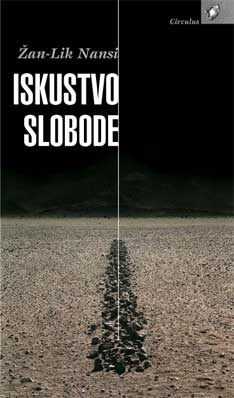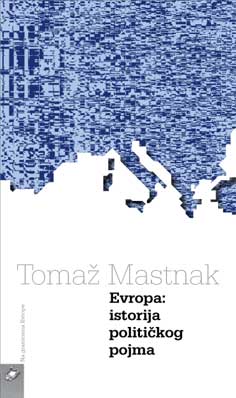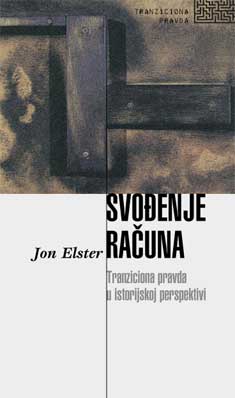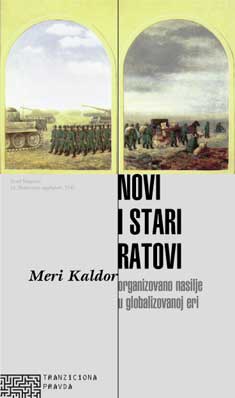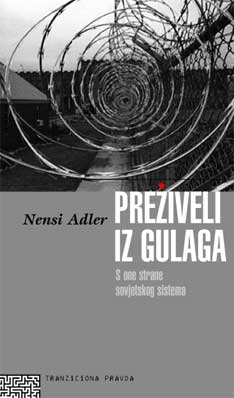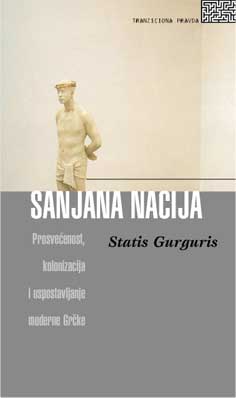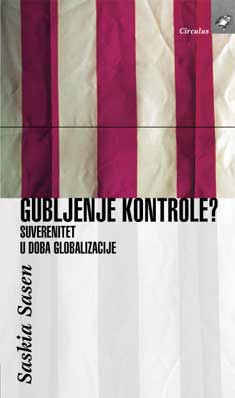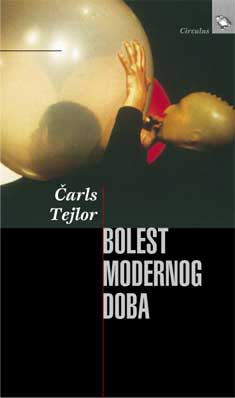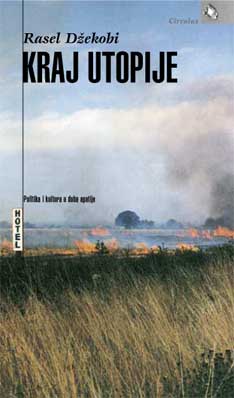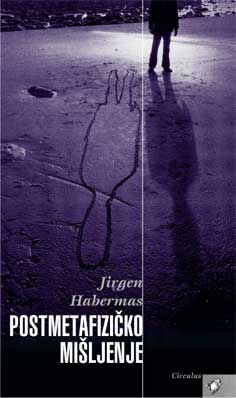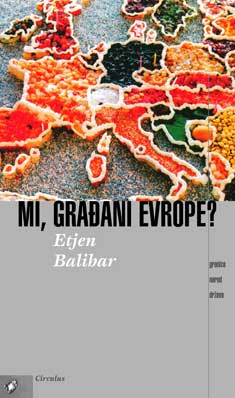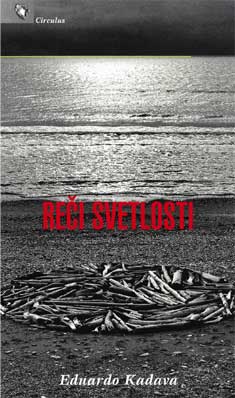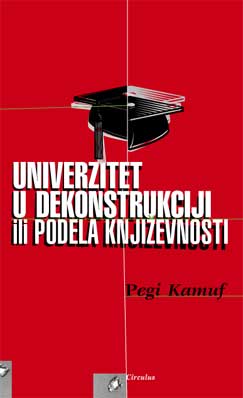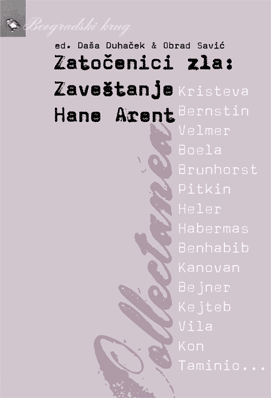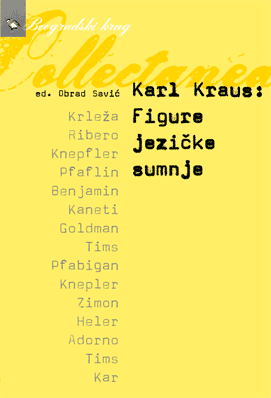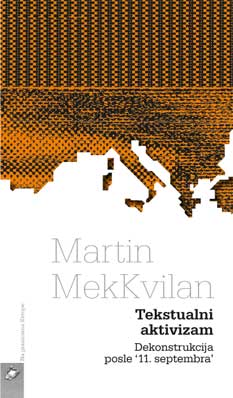
Deconstruction after 9/11 (manuscript)
Tekstualni aktivizam
Keywords: Tele-Technology; Derrida; Europe; hospitality; sovereignty; spectrality; international law; justice; democracy; New International; war
Martin McQuillan brings Derrida's writing into the immediate vicinity of geo-politics today, from the Kosovo conflict to the Iraq war, following both Derrida's writing since Specters of Marx and the present political scene through the former Yogoslavia and Afghanistan to Palestine and Baghdad. His 'textual activism' is as impatient with the universal gestures of philosophy as it is with the complacency and reductionism of policy-makers and activists alike. This work records a response to the war on thinking that has marked western discourse since 9/11
More...
